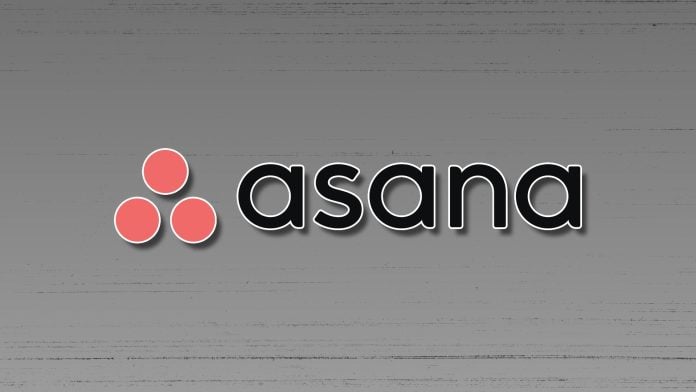Asana recently unveiled its next-generation AI Teammates, significantly enhancing its work management platform. Designed to function as collaborative agents, these AI Teammates aim to streamline task completion, facilitate informed decision-making, and effectively support multiple teams simultaneously. This innovative shift reflects a broader trend in enterprise software toward embracing AI as proactive teammates rather than mere assistants, a development that small business owners should take note of.
The latest iteration of AI Teammates builds on their initial introduction over a year ago, which aimed to foster collaboration and boost productivity. Accessible through a chat interface on Asana’s mobile and web apps, these advanced AI agents can now be tailored to meet the specific needs of various teams, marking a significant evolution in their functionality.
“In the next era of AI Teammates, it’s not actually just a personal assistant tailored for you,” states Victoria Chin, Asana’s senior director of product strategy for AI. “This is a collaborative agent that can function as an actual teammate.” This foray into collective intelligence means small business leaders can harness AI not just for individual tasks, but across whole projects, enhancing team synergy.
By enabling a shared memory system that feels akin to a collective digital repository, Asana’s AI Teammates support teams in building a "work graph" memory that evolves over time. This capability allows teams to access contextual knowledge that can inform their ongoing projects, fostering a collaborative environment that can result in smarter decision-making and improved outcomes.
However, the implementation of AI Teammates is not without its challenges. As more businesses adopt AI solutions, many knowledge workers still exhibit a degree of skepticism. Research from Asana’s Work Innovation Lab reveals that trust remains a primary barrier: many AI agents today are perceived as unreliable, often yielding incorrect responses. In recognizing these issues, Chin emphasizes that Asana has taken proactive measures to ensure the reliability and effectiveness of its AI Teammates.
Despite the mixed feelings regarding AI in the workplace, Chin is confident that their approach will stand out. “We were trying to explore how to go beyond the small tasks—the email and meeting summaries—into real workflows,” she explains. Asana’s emphasis on providing structure and context to its AI Teammates aims to bolster their reliability and overall efficiency.
One of the key benefits of Asana’s AI Teammate system is its multi-user collaboration feature, which empowers entire cross-functional teams to leverage a shared AI assistant. For instance, teams launching a new product can utilize the AI to draft requirements, track feedback, and manage workflows collectively. This shared resource ultimately helps alleviate the burden of repetitive tasks, allowing human team members to focus on strategic initiatives.
At the same time, Asana recognizes that each business has unique needs. The company plans to roll out a variety of pre-built specialized bots tailored for specific teams and use cases. This customization aims to enhance usability and address varying operational requirements within small businesses.
Governance remains another critical concern for organizations diving into AI. Asana’s approach incorporates robust governance measures, appealing especially to CIOs worried about agent sprawl and security risks. Chin notes, “With our approach to governance, admins have central control over who can create a Teammate,” ensuring oversight of costs and access levels.
As small business owners look to integrate AI solutions into their workflows, the emergence of Asana’s AI Teammates offers a promising avenue for fostering collaboration and enhancing productivity. While the technology presents challenges, its ability to streamline multi-team projects and provide shared contextual awareness positions it as a valuable tool in the modern business landscape.
In a setting where hybrid work continues to be the norm, Asana’s AI Teammates represent a significant step toward integrating collaborative intelligence into the fabric of team operations. Asana has made these advanced AI agents available in public beta now, with plans for a full rollout in early 2026. Given the potential benefits, small business owners should carefully consider how such technology can fit into their own operational frameworks.
For further details, you can view the original press release here.
Image Via BizSugar



